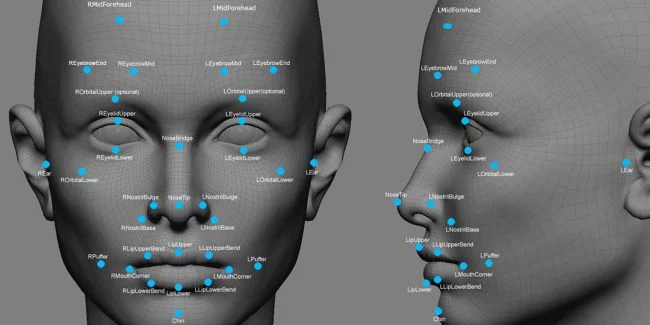Facial Recognition Neural Network Tested at Domodedovo Airport
Domodedovo Airport has tested a new facial recognition technology. The system, developed by the company Videotek and based on a convolutional neural network, successfully analyzed surveillance camera footage and identified potential offenders. According to the airport’s press service, the neural network will now be implemented in Domodedovo’s security operations.
Neural networks are increasingly being used by law enforcement agencies to detect violators or prevent emergencies. As a result, scientists around the world are developing facial recognition systems. For example, last summer, employees of Japan’s TEC created a neural network that helped police in Cardiff arrest a criminal. Shortly after, their colleagues at the Korea Advanced Institute of Science and Technology developed a system with a record-high recognition accuracy of 97 percent. Such technologies have also seen great success in China, where local police identified a violator in a massive crowd at a concert.
To enhance security, similar technologies are being introduced in airports. For instance, researchers in the United Arab Emirates are working on a special “aquarium corridor” where cameras will scan passengers’ faces as they pass through. Dubai Airport plans to use this procedure to replace traditional customs control.
At Moscow’s Domodedovo Airport, the facial recognition system will be used to ensure security throughout the building and to monitor restricted areas. The system is based on a convolutional neural network designed for efficient image recognition, specifically with resolutions starting at 45×45 pixels.
The system works by analyzing images from all airport surveillance cameras and comparing them to a pre-existing database of offenders. If a match is found, the security service receives a notification and can take appropriate measures to prevent unlawful actions. The technology was tested on photographs of Domodedovo employees, achieving 90 percent accuracy.
According to Sergey Chernykh, CEO of Videotek, security staff will also be able to independently add new images of offenders to the database and create their own lists of passengers with problematic behavior.



